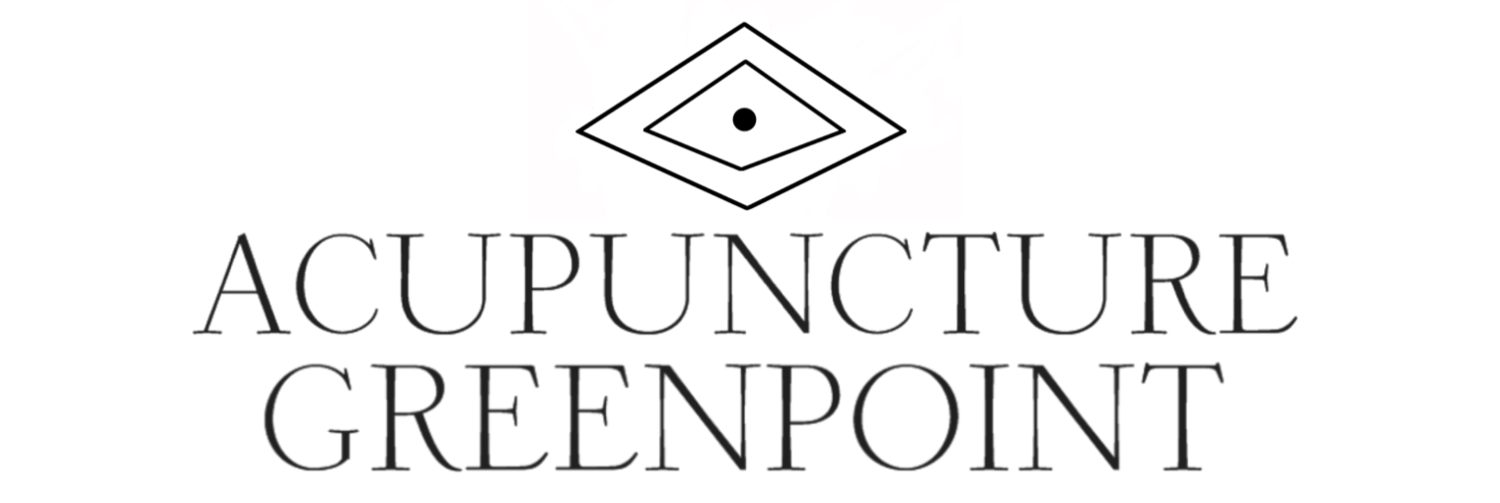“Now we send greetings and thanks to our eldest Brother, the Sun. Each day without fail he travels the sky from east to west, bringing the light of a new day. He is the source of all the fires of life. With one mind, we send greetings and thanks to our Brother, the Sun. Now our minds are one.” - translation of the Mohawk version of the Haudenosaunee Ohen:ton Karihwatehkwen developed by the Six Nations Indian Museum and the Tracking Project
Summertime is wild and sublime, transformative and dynamic, and at the epicenter is growth and joy. The season of the Sun represents the outward expression of energy, expansiveness, movement, and activity and is ruled by the element of fire. Life and energy culminate here.
We can experience a particular spiritual awareness between the heart and mind in this season: enthusiasm, warmth in human relationships, conscious awareness, sensitivity and expression, and true fulfillment. Now is the time to realize our life’s potential, and find joy in the hot summer days and warm summer nights. We have an opportunity here to harness the power during this annual zenith of the Sun and stand up for what our hyperaware hearts know is right for the world, right for humanity and for our planet.
Henry Beston writes, "In the old Europe which inherited from the Bronze Age, this great feast of the Solstice was celebrated with multitudinous small fires lit throughout the countryside. Fire and the great living sun — perhaps it would be well to honor again these two great aspects of the flame. It might help us to remember the meaning of fire before the hands and fire as a symbol. As never before, our world needs warmth in its cold, metallic heart, warmth to go on and face what has been made of human life, warmth to remain humane and kind."
Rising early in the morning, going to bed a bit later in the evening, and resting midday when the Sun has peaked allows us to absorb all that good light juju without overheating and overdoing it. While the fire element can bring joyful transformation, the intensity of heat has the potential to cause imbalances: agitation, nervous exhaustion, heartburn, and insomnia. Be mindful of the beginning of these imbalances, and try to correct them before they take root. Diet holds a lot of power here. Eat light meals and foods with cooling properties that reduce toxins from your body and generate fluids such as cucumber, lemon, mint, watermelon, dill, watercress, seaweed, bok choy, summer squash, and fish.
Drink, drink, drink…… water! Keeping your body hydrated is the challenge of these steamy summer months. Water is life. Traditional medical systems usually advise against iced water, preferring warm or room temperature water. On a hot summer day it’s unlikely you’ll want a hot cup of tea, but try cool instead of iced. The logic behind this theory is that cold water contracts and slows your digestive system while room temperature or warm water helps to maintain fluidity, protects the internal organs, and increases healthy blood flow and circulation. You can add a teaspoon of apple cider vinegar (with the mother) into your water to replenish electrolytes. Watermelon is also one of the best remedies for dehydration and summer heat symptoms. It cools and cleanses your system and is a water heavy fruit to aid in the battle against dehydration.
NB: Your plants are extra thirsty too!











